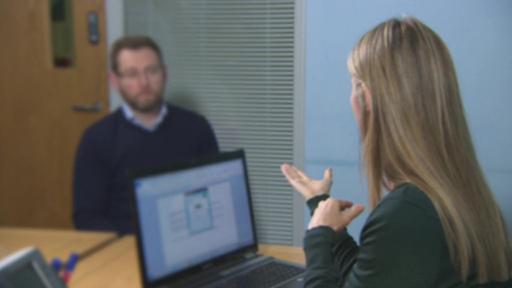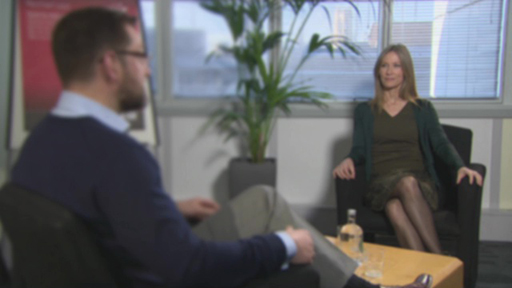1.1 How to build rapport
The two activities in this section are designed to provide guidance on building rapport.
Activity 1 Failing to establish rapport
Watch Video 1 to see what happens when a coach fails to establish rapport with the coachee and how uncomfortable the session becomes.

Transcript: Video 1 Bad rapport
What do you notice the coach has done or not done?
Feedback
As this video makes clear, if the rapport is not there it is going to massively de-power the potential for the coaching. Where coaching becomes weak or uncertain it is often the rapport factor that needs attention rather than any other influence. We can hardly emphasise this enough!
Activity 2 Impact of good rapport
Watch Video 2 to see the impact of good rapport on a coaching session.

Transcript: Video 2 Good rapport
Again, what do you notice the coach has done or not done?
Feedback
We are not suggesting rigid mimicry here! This is not an automatic mirroring process but a nuanced process of careful observation, listening and behavioural response. You might try at some point just ‘tuning in’ to a colleague or friend in this way and notice how much easier it makes it to really listen to them and to build a comfortable relationship.
You may initially feel this to be a little ‘unnatural’: in reality it is just a social skill, and we have all learned these as we have developed as people – how many of us were born knowing how we were supposed to behave at table for example? We learn these skills, either through observation or instruction. We are in fact developing a new social habit – one which will serve us well in all our communications and especially in performance coaching.
